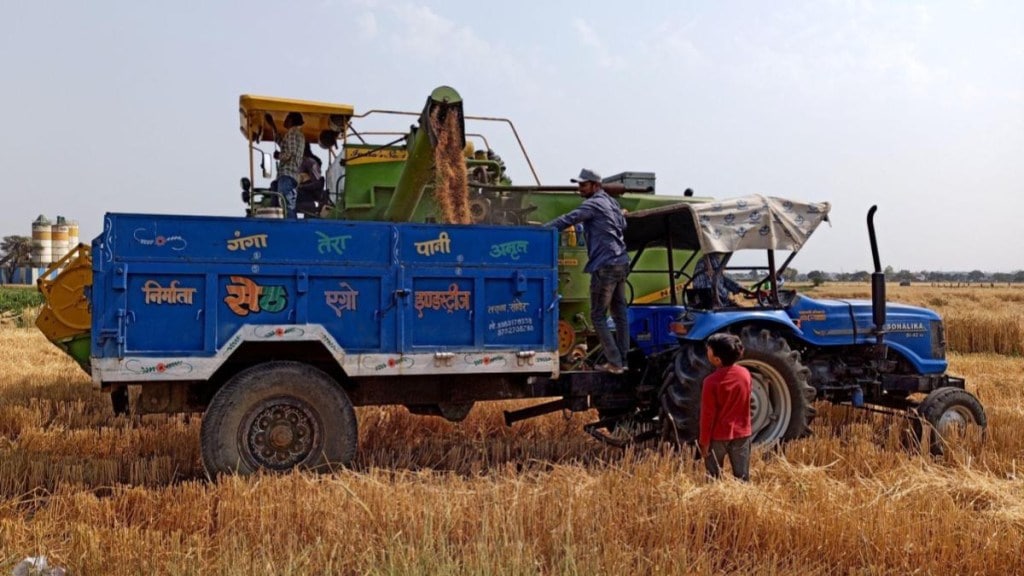There is an urgent need to double the current budgetary allocation for agricultural research and development to enhance its impact, the Indian Council for Research on International Economic Relations (ICRIER) stated in a quarterly bulletin released ahead of the upcoming Union Budget 2024. The bulletin further indicated that to accomplish this goal, the budget for agricultural research and development expenditure (ARDE) needs to be almost doubled from the current Rs 9,941 crore allocated to the Department of Agricultural Research and Education (DARE) within the next 2-3 years.
High ROI in agri research
The bulletin underscored that previous studies have demonstrated the high return on investment in agricultural research. Each rupee invested yields a return of 11.2, significantly higher than investments in fertilizer subsidies (0.88), power subsidies (0.79), education (0.97), or roads (1.10). “Therefore, reallocating funds from fertilizer and power subsidies to agricultural R&D could significantly enhance food and nutritional security amid climate change challenges,” the bulletin, edited by agricultural economist Ashok Gulati, said.
The report also stresses the importance of translating research into practical applications. Since 2014, under the aegis of the Indian Council of Agricultural Research (ICAR), the National Agricultural Research System has released 2,380 varieties of various field crops, with 1,971 being climate-resilient.
Despite these efforts, the agricultural GDP growth has been adversely affected by extreme weather events like the El Nino in 2013, which reduced agri-GDP growth to 1.4% in FY24 from 4.7% in FY23. “We need some satisfactory answers to this. One plausible answer is that whatever has been done so far is not enough to protect Indian agriculture from extreme weather events. Or, there is a serious lack of extension-related activities that may have aided in research moving from lab to land,” the report said.

